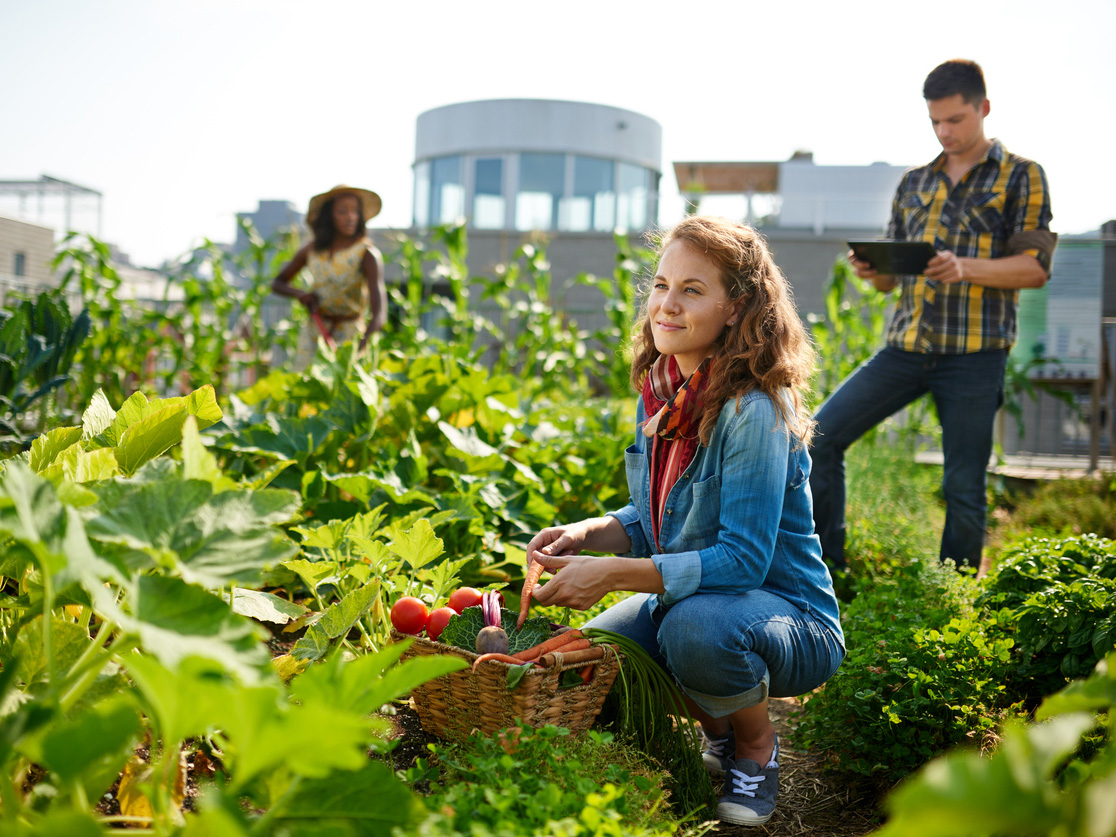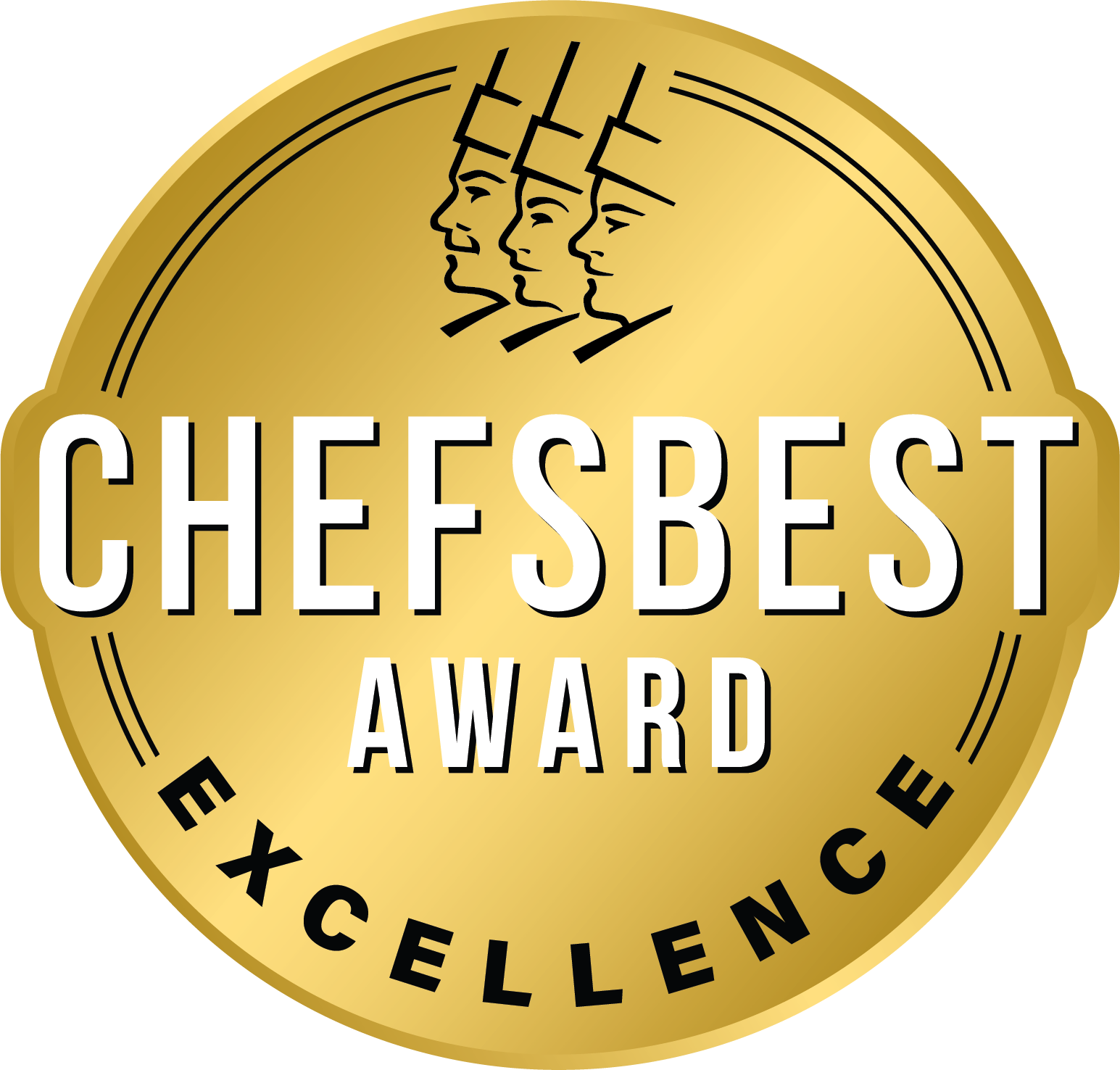Sustainability Leaders in the Food & Beverage Industry

Amidst growing concern over environmental issues, sustainability has become an important topic of discussion for those in the food and beverage industry. In fact, as Vermeir & Verbeke (2004) comment, “…interest in sustainability [and] sustainable production and consumption has increased at all levels of the agriculture and food chain increasing the potential influence of sustainability claims on consumers’ purchase decisions.”
Certain companies in the food and beverage industry are leading the way in developing and following sustainable business practices. A few examples of such companies are Stonyfield Farm, New Belgium Brewing, and MOM’s Organic Market.
Stonyfield Farm
From Stonyfield Farm’s inception in 1983, sustainable business practices has been at the core of the company’s mission. The organic yogurt producer has saved over $31 million in costs through its sustainability initiatives launched in the last decade. Reductions to greenhouse gas emissions and facility energy use between 2006 and 2012 alone saved the company over $3 million. Other sustainability initiatives at Stonyfield Farm include water reduction, renewable energy, emissions offsets, and improvements to packaging.
New Belgium Brewing
The Colorado-based brewery New Belgium Brewing has also prioritized sustainability in its business model. The company makes efforts to reduce water use and gives to water conservation advocacy groups. In addition, New Belgium Brewing, a Platinum certified Zero Waste Business, monitors and reports its waste diversion rates and, in 1999, became the country’s first brewery to buy all of its electricity from wind power.
MOM’s Organic Market
Similarly, MOM’s Organic Market considers sustainability across multiple levels of its business. This grocery store’s sustainable business practices have allowed it to reduce operational costs, increase foot traffic, and reinforce its brand’s image and stated purpose. The company’s strides for sustainability include its replacing track lights with LED’s, hosting an annual electronic recycling drive, buying renewable energy credits to become fully wind-powered, and offering electric car charging for free. MOM’s even offsets its customers’ emissions to and from the store through purchasing carbon credits.
Food and beverage industry leaders can learn from companies like Stonyfield Farm, New Belgium Brewing, and MOM’s Organic Market as these firms provide examples of implementing sustainable business practices that are both innovative and successful.
Sources
Crawford, Elizabeth. “MOM’s Organic Market’s Sustainable Mission Drives Business.” 17 Apr. 2015. Food Navigator USA.
Crawford, Elizabeth. “Sustainability Generates Substantial Cost Savings for Stonyfield Farm.” 27 Apr. 2015. Food Navigator USA.
“Environmental Metrics.” New Belgium Brewing Company. http://www.newbelgium.com/Sustainability/Environmental-Metrics
Sheth, Jagdish N., Nirmal K. Sethia, and Shanthi Srinivas. “Mindful Consumption: A Customer-Centric Approach to Sustainability.” Journal of the Academy of Marketing Science 39.1 (2011): 21-39.
Vermeir, Iris, and Wim Verbeke. “Sustainable Food Consumption: Exploring the Consumer Attitude-Behaviour Gap.” Ghent University, WP 4 (2004): 268.
